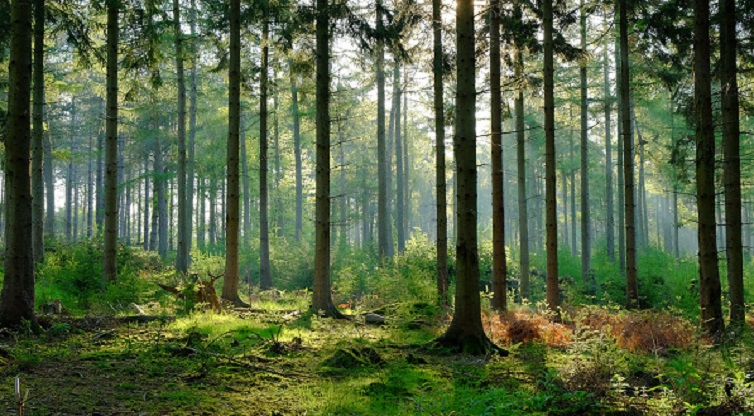
The Sunday News

Tinomuda Chakanyuka, Senior Reporter
GAZETTED forests in the country are under threat from land invaders, with the Forestry Commission reporting that more than 40 000 illegal settlers have occupied protected forests countrywide.
Zimbabwe has 24 gazetted indigenous forests covering 800 000 hectares.
In an interview last week, Forestry Commission acting general manager Mr Abednico Marufu expressed worry at the rampant invasion of gazetted forests by land seekers.
Mr Marufu said the invasion of protected forestry land was more rampant in Hwange and Gokwe South districts.
He said the illegal settlers were causing serious forestry degradation, destroying valuable trees such as Teak and Mukwa through poaching of timber.
Mr Marufu said the illegal settlers were also involved in poaching of animals.
“There are about 40 000 illegal settlers from Hwange, going to Mafungautsi in Gokwe and it’s so rampant. People are just settling themselves illegally and they are destroying the valuable trees that we have like Teak and Mukwa.
“It’s so rampant. There is a lot of forestry degradation that is happening, poaching of our animals and poaching of timber. That is not sustainable for Zimbabwe,” he said.
Mr Marufu said the illegal settlers should be evicted from the protected land that they have annexed.
“Forestry Commission’s position is that as long as you are staying illegally, it means you are not following the law.
“As far as we are concerned every person that has moved into the Forestry Commission area, the gazetted forests that are in Matabeleland North and elsewhere, all those people are settling there illegally and we advise them especially their leaders, traditional leaders and even our politicians that these people must be moved to where they came from,” he said.
Mr Marufu advised the illegal settlers to approach the Government and be resettled accordingly.
“If they want land, I think there are proper procedures that should be followed. The Government has been settling people properly and when people decide to settle themselves in these protected areas, as Forestry commission we can only say they should move out,” he said.
Mr Marufu said the illegal occupation of protected forests was negatively impacting on the ecosystem in the woodlands, in the process affecting communities that live around the forests.
“I can add to say that these forests are there to protect our rivers which flow from those areas.
“Once people disturb those forests, they will be destroying rivers like the Gwayi and Sengwe Rivers. Those rivers are the ones that are giving life to our animals even to people who are living outside those forests. So once we continue to destroy the forests then what are saying to the heritage of Zimbabwe,” he said.
“The forests are preserved to promote soil protection, nutrient recycling, biodiversity conservation, climate regulation, wildlife habitats and providing non-timber products, among other benefits.”
The country has, in recent years, experienced rapid reduction in the size of gazetted forests due to illegal land occupations.
In the Midlands province, Mapfungautsi State Forest, was gazetted in 1953, measuring 101 000 hectares, but half of it has been taken over by illegal settlers.
Zimbabwe loses about 330 000 hectares of natural forests annually due to deforestation.
Deforestation has led to loss of more than 21 percent of Zimbabwe’s forest cover over the past two decades.
Among some of the main causes of deforestation in the country as listed by the Forestry Commission are expansion for agricultural purposes and use of firewood as a source of energy for both rural and urban areas.
Mashonaland Central, Mashonaland West, Mashonaland East and Manicaland provinces, which are the hub of tobacco farming activity in the country, are the worst ravaged by deforestation.
@irielyan



